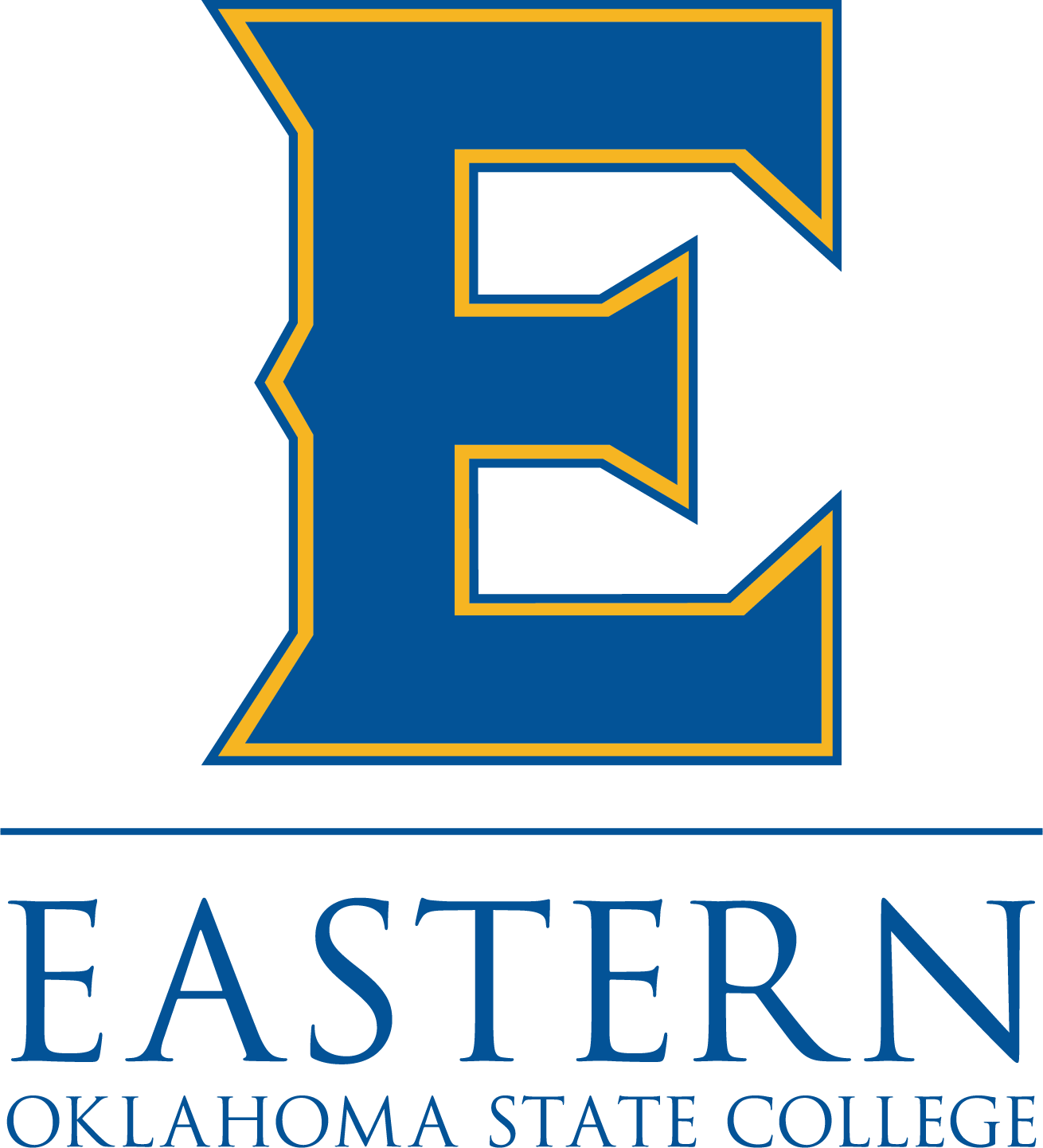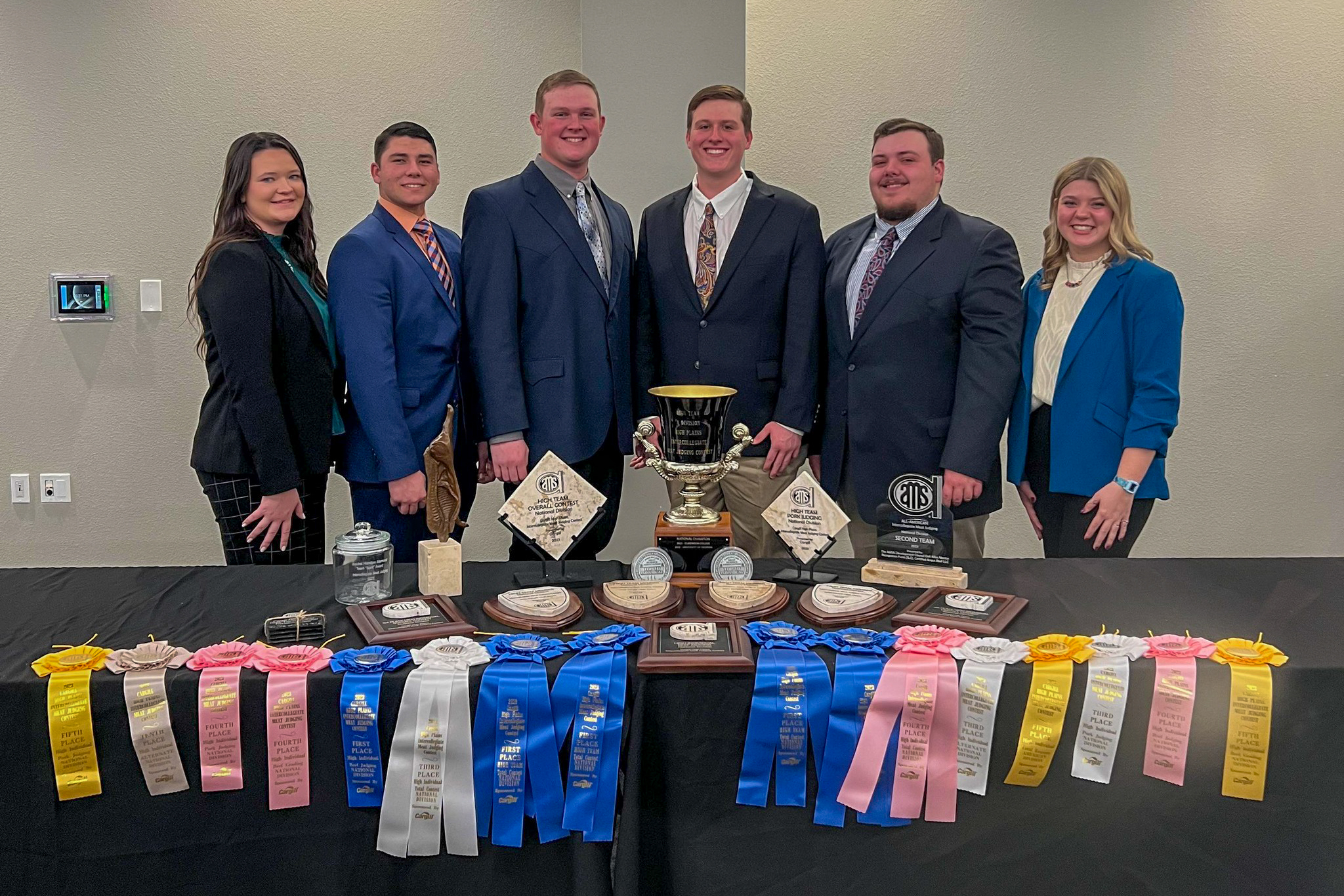Editor’s Note: The news of the Department of Education’s findings broke after the Eastern Statesman’s deadline. The staff is already working on a story for the next issue.
Eastern News Release
Eastern Oklahoma State College has been asked to repay significant liabilities to the U.S. Department of Education (DoE) following a standard program review that resulted in four findings claiming ineligible students received federal Title IV funds. The college is in the process of appealing portions of the final report, which was received this week.
The DoE performed the program review in March of 2014. It was the first time in 26 years that Eastern had been reviewed by the DoE. During a program review, DoE employees examine financial aid, academic and fiscal records, review relevant consumer information and interview institution staff on a variety of topics.
The most significant of the four findings relates to Eastern courses taught at the Kiamichi Technology Center in Antlers. The program reviewers determined Eastern had begun offering more than 50 percent of an educational program in Antlers without notifying the Department. Therefore, the DoE classified the site as an ineligible location.
As a result, the DoE has requested that Eastern repay $847,264.65 in Title IV and Higher Education Act (HEA) funds for students enrolled at the Antlers location from 2008-2014. An additional $38,162.80 in interest is also expected to be repaid by Eastern.
Eastern President Dr. Stephen E. Smith said the Antlers teaching site was never meant to be a degree granting site.
“Eastern’s course offerings in Antlers were designed to be a first-year experience for high school seniors and adult students in Pushmataha County who have little access to higher education opportunities,” Smith said. “The Antlers teaching location has been very beneficial to many students.”
Smith said the Higher Learning Commission (HLC), the college’s accrediting agency, was aware Eastern was offering courses in Antlers and revealed no concerns about the site’s operation during visits in 2006 and 2009. He said the penalty of not being declared an official location has resulted in the DoE’s request that Eastern repay the financial aid funds.
“We are extremely disappointed with the outcome of the program review and the severity of this action, especially since the issue was corrected upon learning of the oversight,” Smith said. “To be required to repay financial aid that has already been awarded to students for non-malicious or non-illegal actions is frustrating and confusing.”
Eastern obtained accrediting agency approval from both the HLC and the DoE in April 2015 and the Antlers teaching site is now considered an eligible location. However, those approvals do not grant retroactive eligibility to student financial aid disbursements and the college is still required to repay the funds.
“We will seek legal counsel to advise us throughout the appeals process,” Smith said. “Our students remain our highest concern and we will continue to offer them the same opportunities for a high quality education at all of our locations.”
The DoE also cited three additional findings that will require Eastern to repay a total of $201,181.25 in additional liabilities and interest due to missing transcripts for five students, errors in verification forms for two students, as well as a misinterpretation of the definition of a failing student versus a student who is given an “AW” or administrative withdraw. In response, Eastern has changed or implemented new policies and procedures to align with the DoE’s determination of these findings.
Smith said the college’s financial aid policies and procedures are reviewed regularly because the institution is required to have an annual external audit.
“External audits of our financial aid department and financial statements have revealed zero findings for five consecutive years,” Smith said. “Our employees strive to meet all requirements at both the federal and state level. We will continually review and implement changes to our procedures as necessary.”
In May of 2014, Eastern was transferred from the Advance method of payment to the Heightened Cash Monitoring 2 (HCM2) method of payment in response to the initial program review.
During this time, Eastern’s federal financial aid has been restricted to a reimbursement system pending increased documentation needs and a lengthy review process by DoE officials before the funds are provided to Eastern.
Smith hopes the college will be removed from the DoE’s HCM2 status since all the issues have been corrected or resolved.






